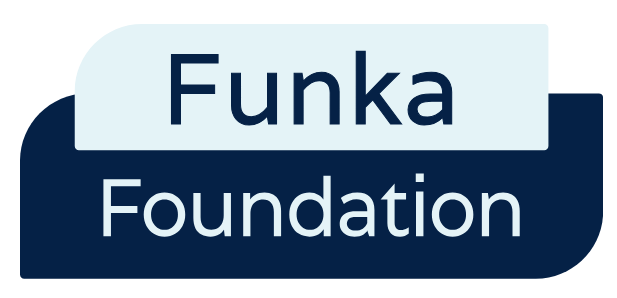
- Read February issue of the UPE newsletter


In this issue we are happy to welcome you to an engaging panel discussion with the theme –Three years with ChatGPT. What do we do now? In the panel we find Sergej Moroz, Associate Professor of Quantum Physics; Marie-Louise Eriksson, Coordinator of the Library’s Teaching Team; and Mikael Svanberg, Associate Professor and Distinguished Teacher in History, as well as Educational Development Leader at the Center for Teaching and Learning (UPE).
There is also an interview with Gunilla Carlsson Kvarnlöf, who recently appointed Kau’s second distinguished teacher. Gunilla is answering questions about how she experienced the merit-based appraisal process and what advice she has for other teachers.
In addition, there is information about UPE courses with available spots and Keeponteaching´s opening hours during the holiday. Enjoy!
In this issue we are happy to announce that we have added an extra round of the course Building your pedagogical portfolio in VT26. We also invite you to a new workshop on AI, give tips about our own “course” about the Course evaluation system, and guide you to increased accessibility in your own courses on Canvas. Enjoy!
In this newsletter, we invite you to a Pedagogical Café where we will meet the two most recently named “Teachers of the Year”. We also advise you on how you can adapt the Canvas theme, to make it more accessible, for exampel for students with dyslexia. Note that the opportunity to submit an abstract to next year’s NU-conference is open.
P.S. If you do not receive the newsletter, please contact UPE and we will add you to the list.
—————
Since September 30, Padletmoved to a new web adress: padlet.com/kau. Your old padlets has automatically been moved to the new adress, but will need to change your password to access them. Do this by click on “Forgot password?”. Check your spam box, if you haven’t received the reset email.
On October 31st, Ouriginal (Urkund) will be shut down and replaced by a new text matching/plagiarism checking tool – Inspera Originality (IO). The new tool will be integrated into Canvas as Ouriginal was before. IO will offer both similarity checking as well as expanded features for identifying text manipulation and translation plagiarism.
In this issue, we invite you to a discussion on sustainability and two Mentimeter webinars. We also inform you about the new text-matching/plagiarism tool, Inspera Originality, and provide tips on the library’s support for students. And don’t forget to sign up for KauKan – this year’s Pedagogical Development Day 25/9. Hope to see you there!
P.S. If you do not receive the newsletter, please contact UPE and we will add you to the list.
—————
In this issue we invite you to meet colleagues and discuss sustainability. We offer workshops about script and storytelling, present useful tips for your course room about accessibility and inclusion, and much more. We would also like to invite you to this year’s educational development day, KauKan 2025. Enjoy!
P.S. If you do not receive the newsletter, please contact UPE and we will add you to the list.
—————
In this months newsletter we invite you to some of the activities that we have arranged for the fall semester: Mentimeter webinars, Pedagogical café , and a possibility to discuss sustainability with your peers. We remind you of the summer hours for the Keeponteaching support. But also give some accessibility and reading tips.
We wish you an enjoyable summer!
p.s. If you don’t receive the UPE Newsletter, please contact UPE, and we will add you to the list.
—————
On Stiftelsen Funkas, Free Friday Webinar: No barriers, just bar charts, Peter Kemeny, Accessible Document Specialist, and Malin Hammarberg, UX Designer and Accessibility Specialist (both from Funka Foundation) presented how you can “make charts clearer, smarter, and more accessible for everyone, including users with visual or cognitive disabilities”.

N.B.! On the website you will also find recordings from earlier Free Friday Webinar